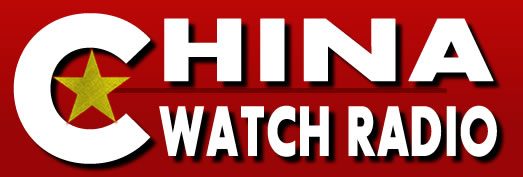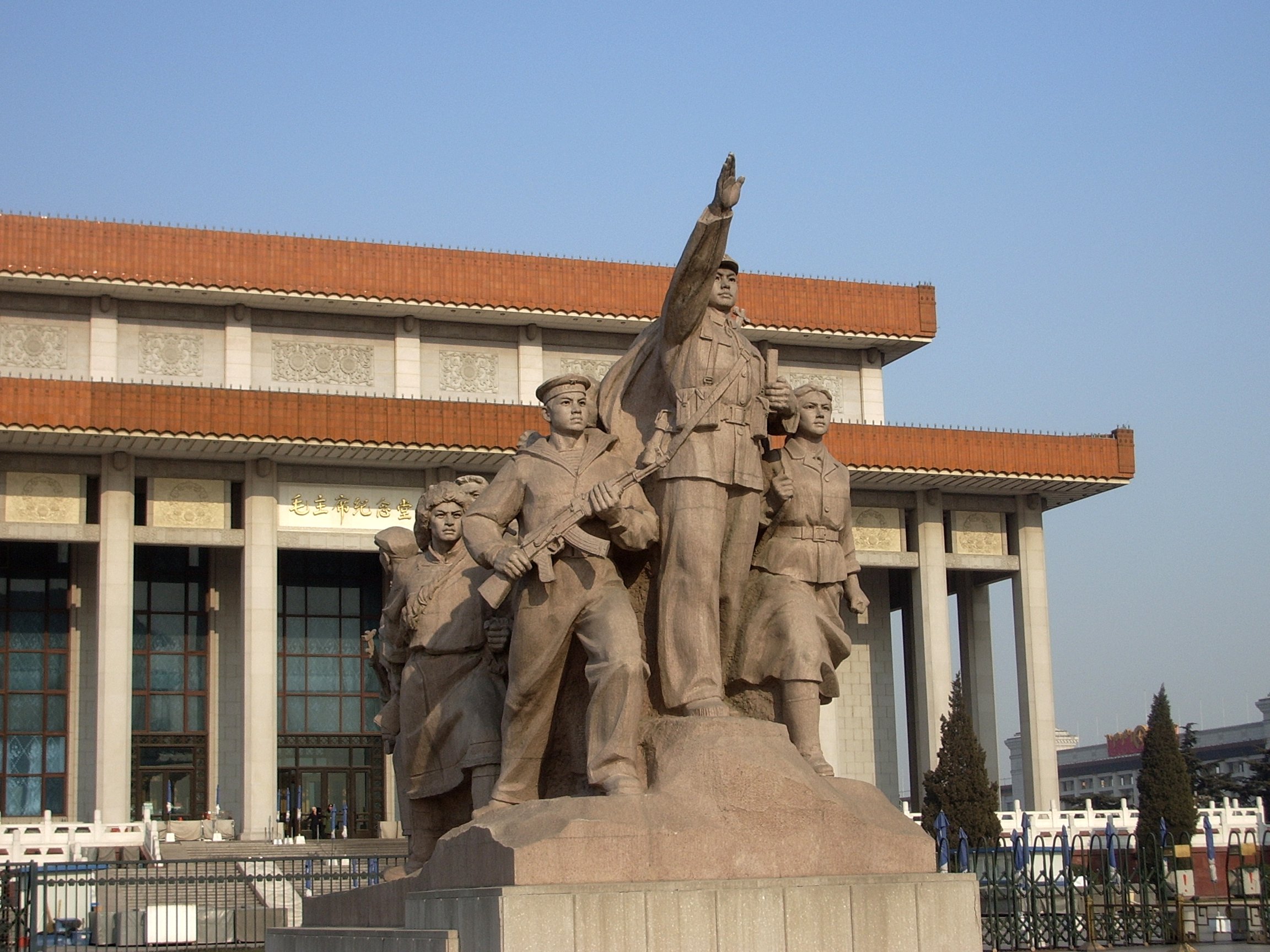Amy moved to Shanghai in 1979 and moved to the US in 1982. She kept in touch with Mei. When Amy asked Mei about Lei, Mei would not want to remember that painful period. She had a daughter with her new husband and was in charge of a news dept. until she was transferred to represent the state in a private tobacco company. Mei invited Amy to visit at that time for a business conference, but she did not go then. Mei then went back to the government and became a lawyer. Amy asked about Lei again. Mei only told Amy that Lei was OK, had remarried and had two sons.
Amy recalls deciding to never be romantically involved in order to avoid the pain Mei and Lei endured. In 2004 Amy planted a Camellia in her new home, which always reminded her of Lei and Mei. In 2005 Amy decided to visit. She asked for Mei to arrange a visit to the reeducation camp. Mei explained that there were no proper roads and no places to stay.
Mei met Amy at the airport. When they were in the car, Amy asked again about Mei. Mei said, “I will give you a big surprise”. They stayed in a hotel near the 1000 year old Camellia tree. Mei tells Amy that She and Lei will come the next day at 4pm, without their families. Amy was very excited, recalling that the three of them were supposed to meet in 1969. At about 3:30pm, the front desk called to say there was someone there. It was Lei, calling Amy by here nick name “little sister”. After a tearful reunion, he handed Amy the letters he had kept from her. When Amy apologized for not bringing anything, her husband said that she had brought the most important thing of all.
Mei arrived at 4 o’clock and told her chauffeur she would take herself home. Mei recalls looking at a government work order and finding Lei’s name. She called Lei on the phone and reconnected. Lei had ended up as the head of a cultural department.
Nan mentions that often persecuted people ended up rising through the ranks of the CCP, describing the former Prime minister, who was persecuted latter commenting that his abuse was like a mother spanking a child.
While Lei had joined the CCP to become a department head, Lei told Amy privately that he had become a Buddhist.
Nan and Billy introduce Peter Kuo, Vice President of the CA Republican Party. Peter explains that he still has family in Taiwan. They left when his father was blacklisted by the Taiwanese government long before it became a democratic government. Peter’s older brother and parents siblings are in Taiwan. They are all very concerned about the bellicose posturing of the Chinese military. Peter says that the Taiwanese see what happened in Hong Kong and find it very concerning.
Amy has a Taiwanese friend who has invested a lot in Beijing. Amy asks what the political effects are of Taiwanese investment in China. Peter describes a lot of workers and factories moving back to Taiwan after the pandemic. Peter stresses the strategic importance of Taiwan’s semiconductor industry. Peter suggests that investments in China are hard to reclaim.
Nan wants to know what the Biden administration would do if China does attack Taiwan. Peter thought during the election that it was likely that Biden would not defend Taiwan. Now he feels the Biden is sending mixed messages, including some positive overtures to Taiwan.
Billy asks how important the Taiwanese chip industry is for the US. Peter explains that it is very important and that, if China took over Taiwan’s chip industry the US would be “in a world of hurt.”
Amy describes her trip to Taiwan, loving the culture. She also describes the tension between the nationalist Taiwanese and Chinese tourists. Peter describes how Taiwan protects freedom of speech, even more than the US. He explains that speech from opposing parties is considered a good thing. He describes examples of civil discourse between vastly different opinions.
Nan describes a recent Chinese incursion by a large number of military aircraft. Peter explains that each incursion could be a real attack and each time the Taiwanese responds, it costs millions of dollars. Peter asks how there could be a civil society without the constant aggression.
Nan asks if the US will send a clear signal to the CCP that we will defend Taiwan. Peter suggests that the clear signal should be that the US wants peace. If one side breaks the peace, we should step in.
Peter suggests we should give immigration priority to Hong Kong citizens. Peter things we need to send a strong message regarding Taiwan to make sure that the same thing does not happen there.
(break)
Billy asks “should we put up with China” as a world community? Nan says that, in the last 20 or 50 years we have put up with China hoping they would change. If that theory has not been working for half a century, why are we still trying it? Amy thinks the US and global business concerns have invested in China’s cheap labor, but now they are focused on China’s large market. They are not going to change as long as there is profit. Nan points out that “global” corporation lack a political allegiance.
Billy points out that, he was bullied as a child until he realized he was done with it. Nan describes China’s Fighting Wolf Diplomacy as believing in collectivism. Amy says the grew up as puppies 30 years ago and became wolfs.
Jennifer calls to say we should not put up with China. We used to have the greatest manufacturing in the world, “why don’t we do it again?” She says we are against slavery, but we will purchase products made by wage slaves in China. Amy describes how she went to Costco and only found two products “made in the USA”.
Mary calls getting the impression that younger generations don’t want to work. They want everything handed to them by the government. Billy has a family member who was an excellent welder. He didn’t need to go to college to get a good job.
Nan mentions a musicians T-shit that says, “I’m not lazy, I’m just really enjoying doing nothing”.
Gary calls to suggest that we need a better civic understanding regarding the nature of our republic. He describes communism as a “conspiracy for control” not a party or a political philosophy. He suggests looking at the Multi-nationals and Elites.
Jim thinks we shouldn’t blame the Chinese, we should blame ourselves.
Nan suggests that corporations could move their manufacturing to any place on the planet except China.
Michelle says that 90-95% of vitamin C comes from China. Billy mentions that Martinelli’s Apple Juice is made locally.
Terry calls to ask about the conflict between India and China. Nan explains that there have been some border flare-ups, but not recently.
Dan calls to say that The Federal Reserve bank is in the phone book under businesses. He suggests we should “own our own money”.
Mike suggests India’s Covid fatality rate may not be as bad as it is portrayed. He also asks about Chinese digital currency. Nan describes digital currency as a powerful tool for state control.
Mike asks about a massive power farm owned by a subsidiary of a Chinese company near the Laughlin Air Force Base.
Jim suggests we do our proper investigation of the Masons Lodge.


